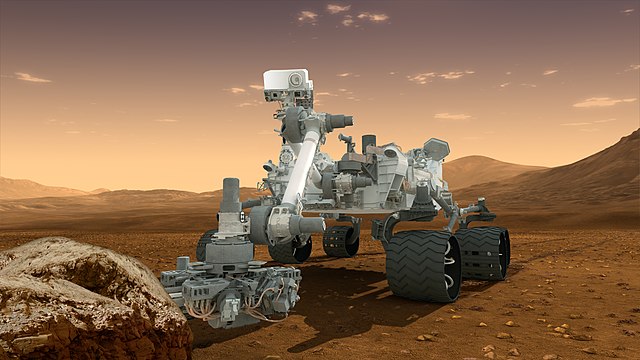
Could We Be Colonising Planets In Future?
Scientific Breakthroughs We Need
To put this discussion into context, we should identify the planets we are discussing. For example, colonising the inhospitable Mars would be a different technological challenge to colonise the earth-like exo-planet, Proxima Centauri which is a 4.2 light-year journey as opposed to a 9-month hop to Mars.
Let’s start with Mars. Colonising would require advances in propulsion systems, biomes, genetic engineering, bio-adaption, off-world agriculture and exo-nutrition. Even with these significant advances, however, life would be mostly confined to biomes.
Off-Planet Biomes
The Eden Project is certainly an inspiring project showcasing how life can exist within a self-sustaining biome. But developing a biome in Cornwall is very different to creating a flawless off-world biome that can sustain human life on Mars indefinitely. The Eden Project is indeed proof of concept, but it is not an ISO-certified, Mars-ready, biome prototype that has been rigorously tested in a Mars planetary scenario. Further advances in materials science may also be necessary to make self-sustaining off-world biomes a practical reality.
Colonising Using Terraforming Technology
As colonizers outgrow biomes, the situation could demand a mass Martian terraforming project, such as we saw in the film(s) Total Recall which featured a god-like technology that altered the composition of the Mars atmosphere to an earth-like one that could sustain human life. Colonisers could then live on the surface free of biomes.
However, this is thought to be an incredibly difficult challenge due to Mars’ low relative mass compared to Earth, meaning that it has such a low escape velocity that it cannot hold on to an atmosphere as well as Earth can.
Genetic Engineering And Bio Adaption
While highly theoretical and ethically questionable, scientists at Weill Cornell University in New York have mooted the idea of bio-engineering humans to survive extreme space conditions. This might involve incorporating the DNA of tardigrades, (tiny micro animals that can survive extreme conditions even in the vacuum of space), into humans. This could allow humans to bio-adapt to extreme space-like conditions such as radiation, zero-G, vacuum and Mars’ thin atmosphere.
However, although it may be possible reach Mars, there are huge technological impracticalities when it comes to colonising such an inhospitable planet. That’s why it could be worth investing in colonising the more distant but supposedly hospitable earth-like exo-planets such Alpha Centauri. You wouldn’t need implausible terraforming technologies, ethically dubious genetic alteration or be required to live out your life in a planetary network of aircraft fuselages, (sorry, I mean, hi-tech biomes!) It would be like starting again on a new planet Earth, like Adam and Eve!
Sub-light/Faster-than-light Drive
There is, of course, the more than a slight catch that Alpha Centauri is about 4.2 light years away. We would need to develop some kind of advanced, sub-light or faster-than-light propulsion system to make exo-planet colonisation plausible, and this could take centuries to master.
Hibernation Technology
Even with the help of a light drive, the journey time to Proxima Centauri bottoms out at 4.2 years. Yes, that’s 4.2 years on a Spaceship which could put a potentially mission-jeopardising strain on onboard social systems. A simple way around this would be to develop hibernation technologies so people could sleep through this arduous journey. Recent reports suggest that scientists could be testing hibernation technology within 10 years.
If you are interested in studying Science or Physics, Oxford Open Learning offers you the chance to do so at several levels, listed below. You can also Contact Us here.